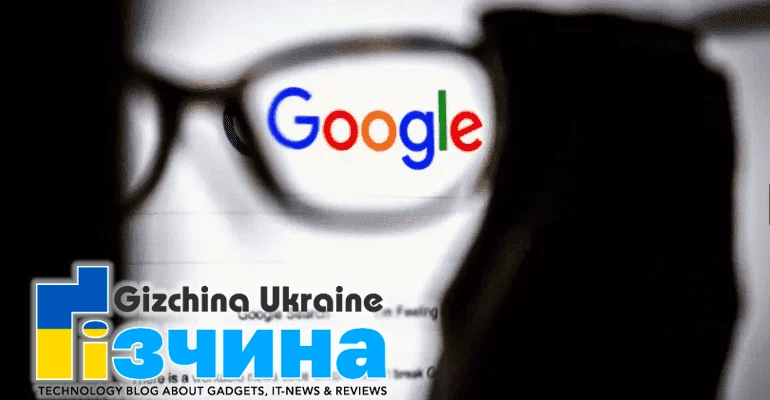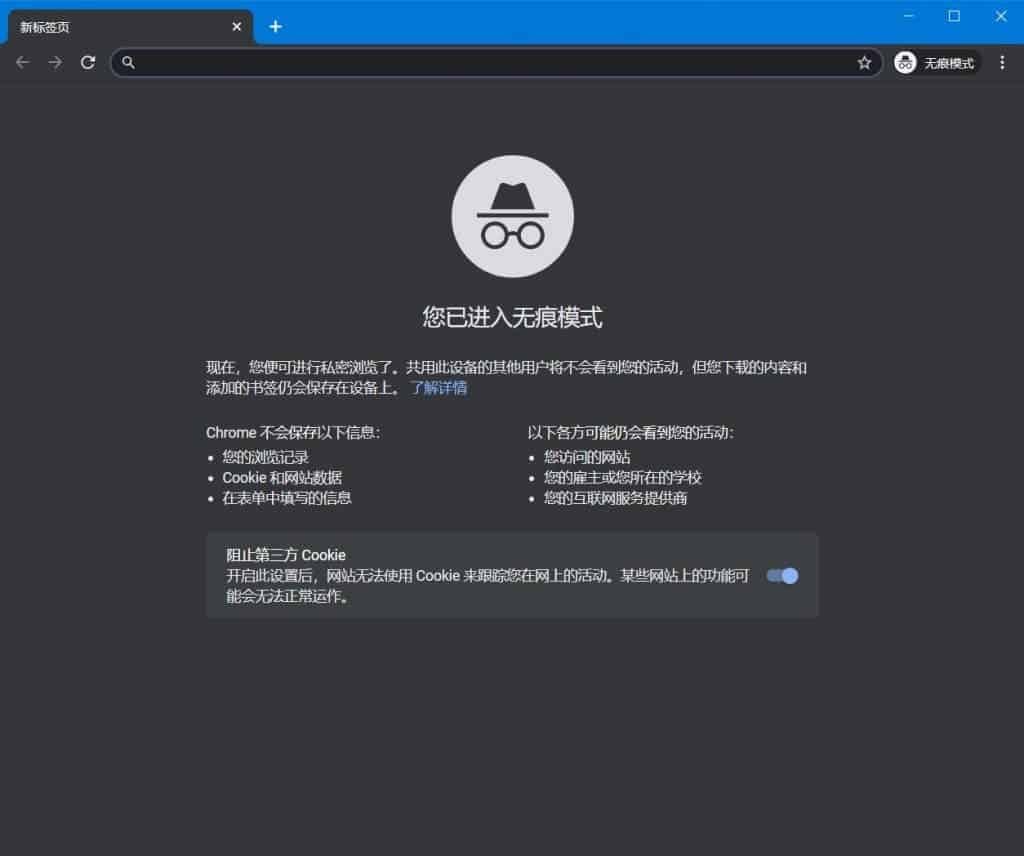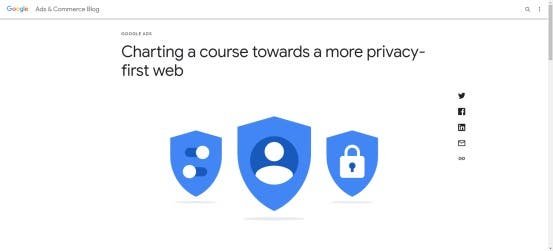Google has been at the center of several controversies, especially regarding the handling of user data. Recently, there have been reports that even if you browse in "incognito mode", Google Chrome will still secretly collect large amounts of data. The whole idea of "incognito mode" is to prevent Google from collecting your data. At this time, there is a lawsuit that Google tried to block. However, a recent report suggests that Google's efforts to block the lawsuit were futile and it will have to deny it.
Consumers have reportedly filed a class-action lawsuit alleging that even if they turn off Chrome's data collection feature, other Google tools used by the site will still collect their personal information. On Friday, a federal judge rejected the Alphabet department's initial request to withdraw the case.
Google undertakes to limit the use of cookies on third-party websites to protect user privacy. It will develop an API called Federated Learning Cohorts (FLoC), which is expected to replace cookies in the Chrome browser.
Also, Google has long been reluctant to add privacy shortcuts to its iOS apps. In fact, it didn't update a series of iOS apps until earlier this month. Facebook's tests show that after disabling the tracking of personal information, ad revenue dropped by 50%. If Google follows Apple's privacy labeling feature as well, its ad revenue may be significantly reduced.
Google says it will stop tracking users with cookies
How many times have you visited a website and received a prompt asking you to enable cookies? Well, that's about to change according to a new announcement from Google. A couple of days ago, the search giant announced that it will stop tracking users as they scroll through web pages. This has been done for years thanks to so-called cookies. In addition, the company has promised not to develop or use an alternative to cookies once it eliminates the use of third-party cookies.
This is good news for many people, but it doesn't stop Google from using primary information. This information is collected directly from users when they visit websites and services controlled by Google. Besides, the death of a cookie doesn't mean much. This will not reduce Google's mechanism for identifying the inhabitants of the Internet and serving ads. For now, it will remain as is. Google Ads is here to stay, and companies still need a smart way to support their ecosystem.
The end of cookies means goodbye to the initial chapter of the Internet. For those who recently said goodbye to Flash Player, it's time to say goodbye to another "character" that was part of our daily navigation on the Internet.






